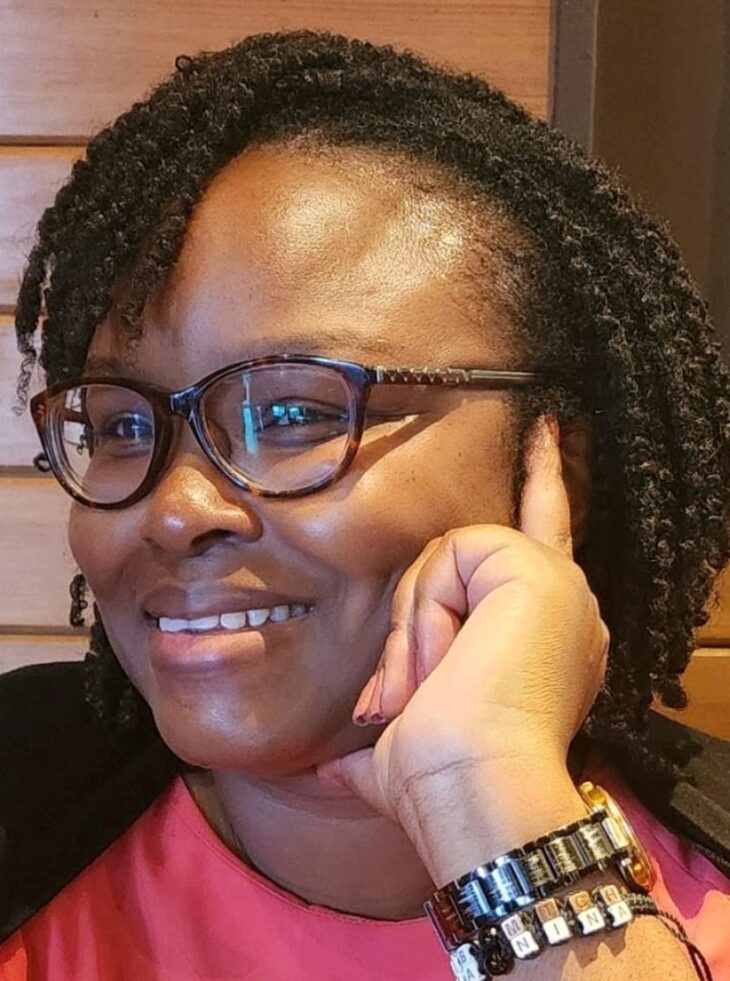By Anita Onuko
Access to Information is not only a fundamental right but also a cornerstone of a transparent and accountable society.
As enshrined in Article 35 of the Constitution of Kenya 2010 and implemented through the Access to Information Act 2016, it empowers individuals to seek, receive, and disseminate information necessary for their personal and collective development.
The effectiveness of reforms and policies depends not only on their development and implementation but also on the understanding, belief, and acceptance of those affected by them. Without effective communication and public engagement, even the most well-intentioned initiatives can face resistance, skepticism, or simply lack the desired impact.
Government agencies, such as the Office of the Director of Public Prosecutions (ODPP), have a constitutional mandate to serve the public interest. To fulfill this mandate and ensure meaningful access to justice, it becomes imperative to embrace strategic communication practices.
DPP Noordin Haji’s appreciation for the power of communication and his proactive approach to enhancing access to justice through effective communication strategies were key drivers of the ODPP’s success.
By embracing digital technologies, fostering a culture of dialogue, and prioritizing transparency, the ODPP effectively engaged with the public, stakeholders, and the media, ultimately strengthening access to justice in the country.
For the last three years, a robust communication approach guided by the DPP Noordin Haji served to bridge the gap between justice institutions and the public, fostering trust, transparency, and engagement. It empowered mwananchi to assert their rights, seek justice, and actively participate in shaping a fair and equitable society.
By recognizing the pivotal role of communication in enhancing access to justice, stakeholders worked collaboratively with the ODPP in ensuring that justice remains accessible, understood, and available to all.
Through its innovative use of social media and community-based dialogues, the ODPP successfully empowered and educated the public on the workings of the criminal justice system. At the heart of this endeavor was the ODPP Café, a digital show that made significant strides in empowering and educating the public on the intricacies of the criminal justice system.
Their commendable efforts deserve recognition for bridging the gap between legal experts and the general public. The Café served as a dynamic platform where legal professionals delved into various legal subjects, breaking them down in an engaging manner and fostering interactive discussions through live question-and-answer sessions.
This unique convergence of legal expertise and public participation facilitated a deeper understanding of complex legal issues, covering a wide range of important subjects including Bail & Bond, Plea Bargaining, Corruption, Terrorism and Terrorism Financing, FGM, Children’s rights, SGBV, the ODPP Café played a crucial role in educating and informing the public about their rights and responsibilities when encountering legal situations.
Each episode of the show focused on a specific topic, aiming to provide valuable insights and practical guidance on navigating the complexities of the law.
The power of the digital platform cannot be overstated. The ODPP Café utilized the vast reach of social media, leveraging platforms such as Twitter, Facebook, and YouTube to disseminate its informative content to a wide audience.
The live question-and-answer sessions allowed for direct interaction between the experts and the audience, enabling a deeper understanding of the discussed topics. By involving the public in these dialogues, the ODPP Café encouraged active participation and fostered a sense of shared responsibility in upholding the rule of law.
As the ODPP Café marked its milestone 80th episode, it tackled challenging topics with remarkable ease. The program seamlessly incorporated colorful and relatable infographics on Facebook and Twitter, making complex legal concepts accessible and engaging. The culmination of each episode featured a captivating live segment, broadcast every Friday at 8 AM via ODPP’s YouTube and Facebook platforms.
The impact of these discussions was amplified as they caught the attention of blogs and traditional news outlets, further expanding the reach of the dialogue.
The success of the ODPP Café can be attributed not only to the dedication of the DPP but alto of the ODPP prosecutors who shared their insights on the criminal justice system and access to justice and to the inclusion of a diverse range of justice stakeholders, partners, and organizations.
The program served as a space for demystifying legal matters, hosting informative discussions with entities such as the UN Office on Drugs and Crime (UNODC), Witness Protection Program, National Cohesion and Integration Commission (NCIC), Ethics and Anti-Corruption Commission (EACC), HAKI Africa, and the Kenya National Human Rights Commission (KNHCR), among others.
It is my hope that as the ODPP opens a new chapter under new leadership, communication will continue being a strategic tool used to engage and educate the public on the criminal justice system as it had a profound impact in fostering greater understanding, promoting justice sector transparency, and empowering citizens.
The dedication to community engagement and the utilization of digital platforms have set an exemplary precedent for effective communication in the justice sector and government agencies at large. The ODPP Café has truly embodied the spirit of inclusivity, knowledge sharing, and collaboration, bridging the gap between legal institutions and the public they serve.
Onuko is Communication and Governance specialist and the host of the ODPP Café Show
Want to send us a story? Contact Shahidi News Tel: +254115512797 (Mobile & WhatsApp)


